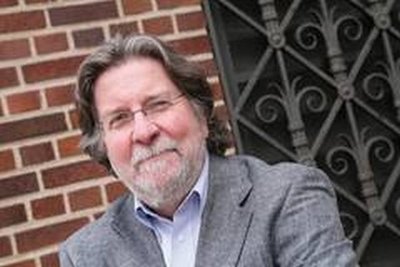November 4, 2010
Cheerleading, shibboleths & disease mongering: The dark side of health care news
How does consumer confusion arise from incomplete and unbalanced health news reporting? Longtime news media commentator Gary Schwitzer promises to explain.
Schwitzer will speak on “Cheerleading, shibboleths & disease mongering: the dark side of health care news,” at 6 p.m. Tuesday, Nov. 16, in Foege Auditorioum , Room S60, UW Foege Building, 1705 NE Pacific St. Admission is free and open to all. The Northwest Science Writers Association and UW Medicine are co-sponsoring the event.
Schwitzer consults with researchers, including the Foundation for Informed Medical Decision-Making, on how best to communicate with patients, and has participated in public health research on this topic. He is a former radio and television journalist, and a former professor of journalism at the Univeristy of Minnesota, where he taught health reporting and media ethics.
Check out his free Guide to Covering Medical Research. It contains tips for understanding how studies are conducted and for scrutinizing claims. While working at the Mayo Clinic, Schwitzer listed seven words you shouldn’t use in medical news, a take-off on comedian George Carlin’s parody of network censors. Schwitzer’s taboos are cure, miracle, breakthrough, promising, dramatic, hope and victim. Another of his bons mots: The plural of anecdote is not data.
Schwitzer publishes the Health News Review, which indepedently analyzes current news coverage of medicine and health. He and his guest columnists look closely at specific news stories, and tell how each meets or fails journalistic standards and the Review’s criteria for what consumer’s need in health stories on treatments, tests, products and procedure . This week’s posts are on news about screening tests.
Matt Vivion of the Northwest Science Writers Association contributed to this article.



